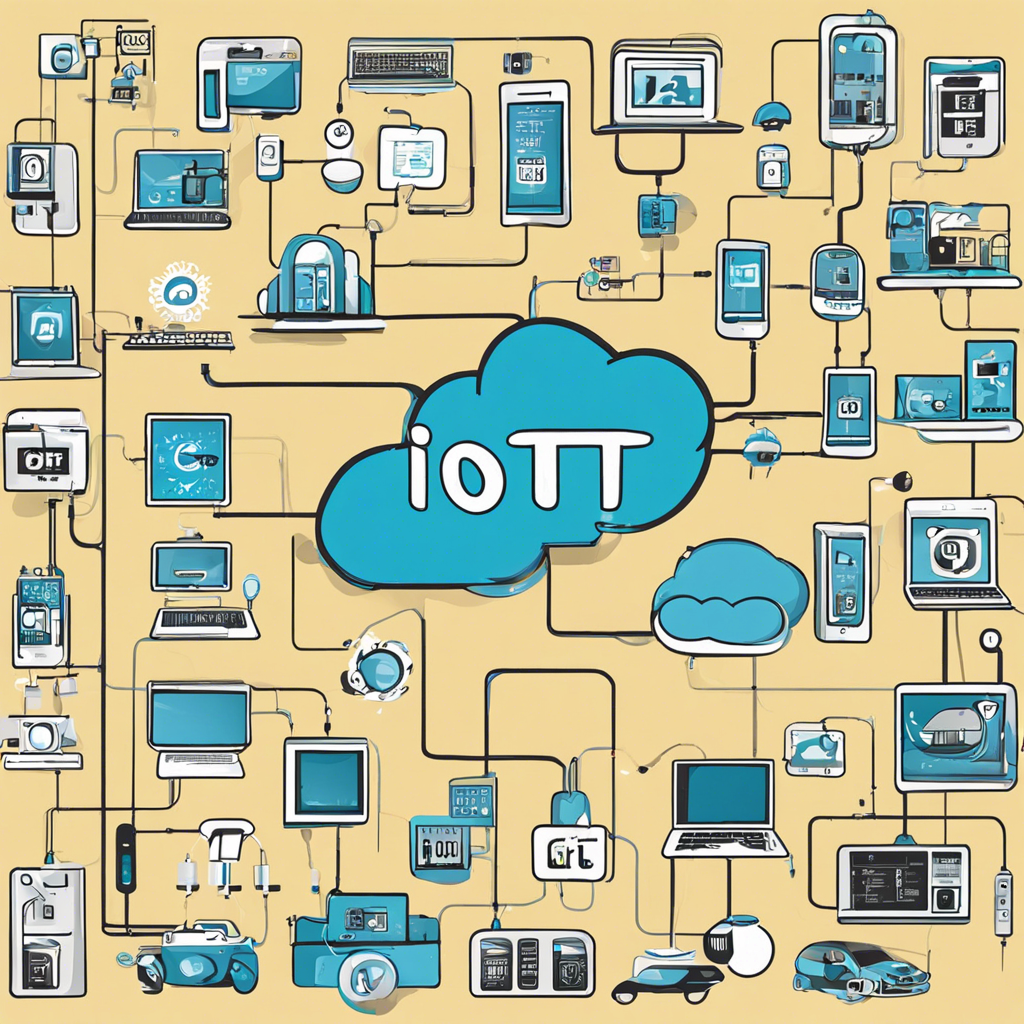The Internet of Things (IoT) is transforming our everyday lives, connecting devices, and making our homes, cities, and even our bodies ‘smart.’ You’ve likely heard this buzzword, but what does it really mean, and how does it affect your daily routine? IoT is all around us, often in subtle ways, revolutionizing how we interact with technology. It’s an exciting yet complex web of interconnected devices that has the potential to shape our future significantly.
From your morning routine to your work and leisure activities, IoT devices are becoming integral parts of our lives. Imagine waking up to an alarm that not only wakes you but also communicates with your coffee machine to start brewing your favorite blend. This is just a glimpse of how IoT can streamline daily tasks. These connected devices create a seamless and efficient ecosystem, often adapting to your preferences and habits.
Delving into your daily commute, IoT plays a crucial role in making it safer and more efficient. Smart traffic lights can optimize traffic flow, reducing your time spent on the road. Connected cars can communicate with each other, providing real-time data to prevent accidents and improve overall traffic management. This level of connectivity not only enhances your driving experience but also contributes to a more sustainable and efficient transportation system.
Your home is also a prime example of how IoT can enhance daily life. Smart home devices allow you to control lighting, temperature, and security with just a few taps on your smartphone. Imagine being able to preheat your oven on your way back home or receiving alerts when your security camera detects unusual activity. IoT enables a level of convenience and control that was previously unimaginable.
In the healthcare sector, IoT is making significant strides. Wearable devices can monitor your vital signs and provide valuable health insights. This not only empowers individuals to take a more proactive approach to their well-being but also assists healthcare professionals in delivering more personalized care.
However, with these conveniences come concerns about privacy and security. As more devices connect to the IoT network, ensuring data protection becomes a critical challenge. The vast amount of data generated by these devices can be a goldmine for hackers if not adequately secured.
The impact of IoT extends beyond personal convenience. It has the potential to revolutionize industries, from agriculture to manufacturing, by improving efficiency and reducing costs. Smart farming, for instance, utilizes IoT to monitor soil conditions and optimize water usage, leading to more sustainable agricultural practices.
As IoT continues to evolve, its influence on our lives will only grow. The potential for innovation is vast, but so are the challenges. Embracing this technology means understanding its capabilities, limitations, and potential risks.
In conclusion, IoT is not just a futuristic concept but a reality that is already shaping our world. Its ability to connect devices and systems has far-reaching implications, from personal convenience to industrial advancements. As consumers, being aware of IoT’s presence and its potential benefits and drawbacks is essential. It’s time to embrace the future of connectivity and explore the endless possibilities that IoT presents. Get ready to unlock a new level of efficiency and convenience in your daily life!
